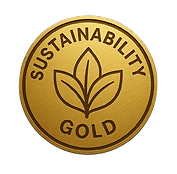
Why get certified?
Certified members will have access to training resources, technical support, and a peer learning network to help them progress to higher levels and deepen their positive impact.
Continous Improvement
Gain skills to enhance career growth and opportunities.
Support
Trusted proof of environmental and ethical responsibility.
Supply Chain
Ensures transparency and accountability across supply chain.
Levels of
Certification
Each pillar contains standards and criteria that will be evaluated using a point-based system; resulting in three levels of certification: Bronze, Silver, and Gold. The total possible points are 100.

Meets baseline standards, with opportunities for improvement identified.
(60–74 points)

Strong alignment with standards, with several notable best practices.
(75–89 points)
.png)
.png)
Shows exemplary leadership in ethical and sustainable sourcing.
(90-100 points)

Our pillars

1
Human Rights
All actors in the supply chain must respect and promote fundamental human rights in accordance with international standards, including but not limited to the Universal Declaration of Human Rights and ILO conventions.
2
Community Impact
Farming and production activities must contribute positively to the socio-economic wellbeing of local communities, ensuring inclusive growth and long-term sustainability.
3
Respect for Natural Resources
Sourcing practices must optimize the use of water, energy, and other natural resources with a deep respect for the balance of local ecosystems.
4
Public Safety
All agricultural and production processes must adhere to high standards of public health and safety, ensuring that products are safe and that operations do not endanger local populations.
5
Honoring Pachamama
Land use must reflect a sacred stewardship model, grounded in the philosophy that the Earth is not a commodity, but a living being deserving of care and reverence.
.png)